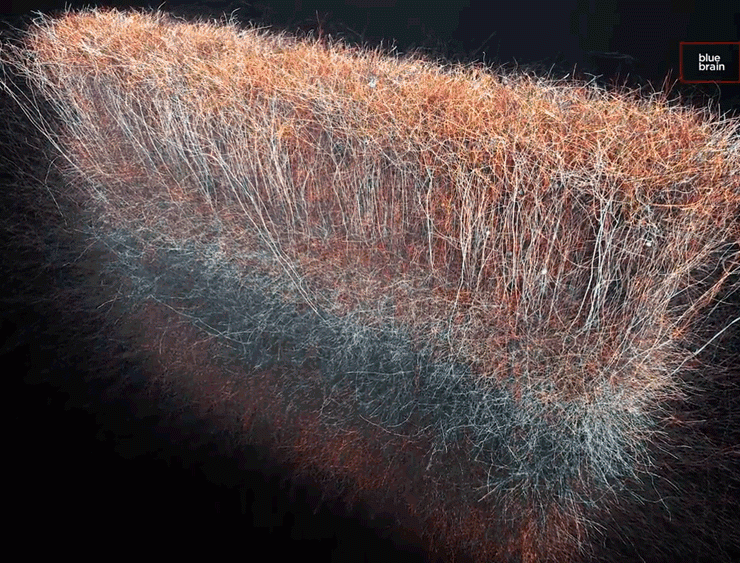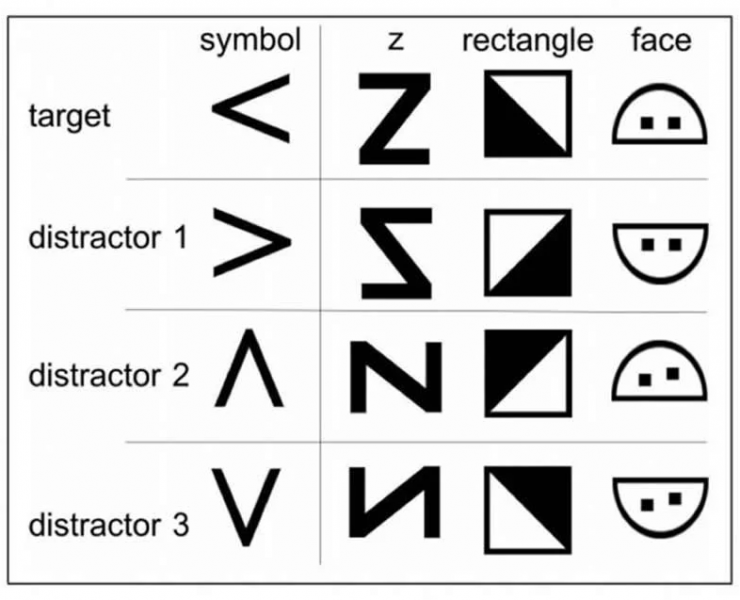Geometric Cognition
“Geometric cognition” and “cognitive geometry” are related but distinct concepts. Geometric cognition refers to the cognitive processes involved in understanding and reasoning about spatial relationships and geometric concepts, often studied in the context of how humans perceive, represent, and interact with spatial information. Cognitive geometry, on the other hand, explores how geometric principles can be applied to model and understand cognitive processes themselves, particularly in areas like spatial navigation, decision-making, and problem-solving.






